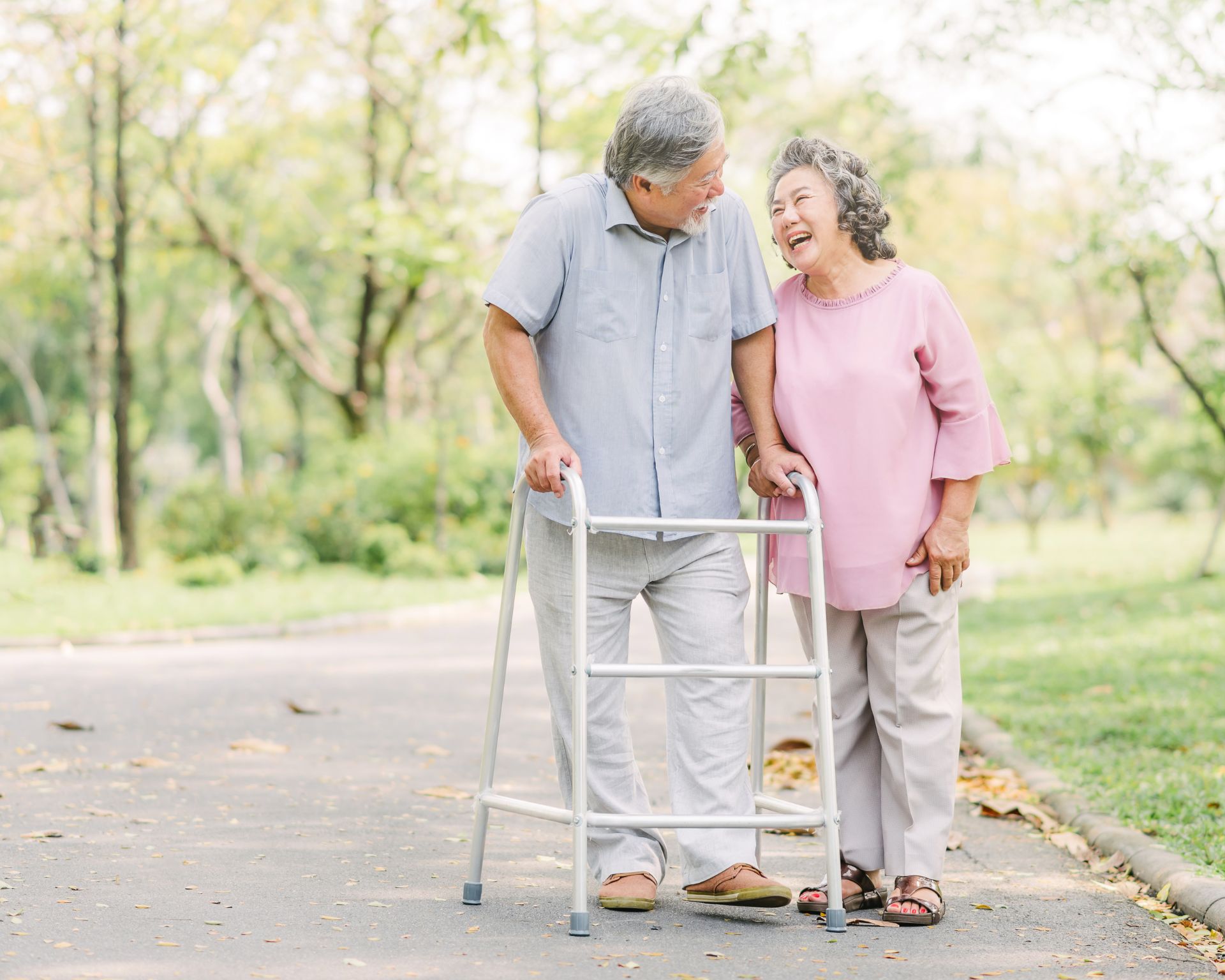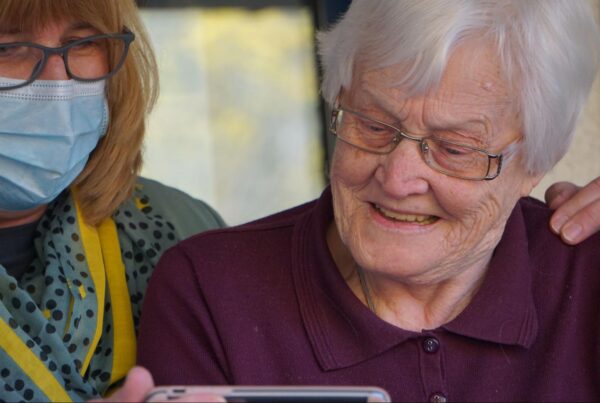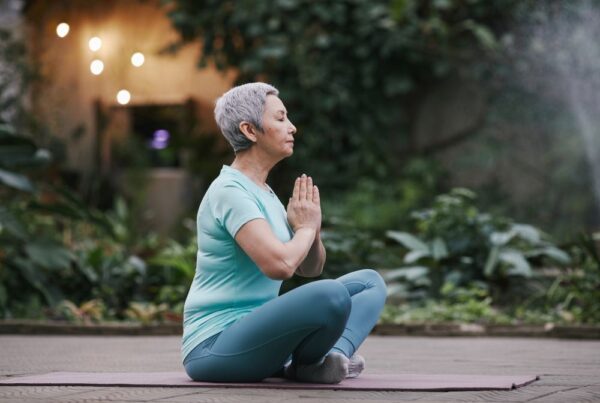Advanced Care’s Guide to Senior Mobility
Caring for seniors with mobility challenges is an essential aspect of ensuring their quality of life and dignity in their golden years. Mobility issues, which are common in older adults, can arise from various health conditions like arthritis, stroke, or general muscle weakness. This guide aims to provide caregivers and family members with practical tips and techniques for assisting seniors with limited mobility. We’ll explore effective exercises, the use of mobility aids, and adaptive equipment, aiming to enhance the daily lives of our elderly loved ones.
- Understanding Mobility Challenges in Seniors Mobility challenges in seniors can manifest in several ways – difficulty in walking, standing, or a complete reliance on mobility aids. Understanding the root cause of these limitations is crucial. Conditions like arthritis cause joint pain and stiffness, while neurological conditions like stroke can lead to partial paralysis. A thorough medical assessment is essential in determining the best course of action for each individual.
- Importance of Physical Exercise Regular physical activity is vital for seniors with mobility challenges. Exercises tailored for the elderly can improve strength, balance, and flexibility, reducing the risk of falls. Simple activities like walking, seated leg lifts, or water aerobics can be highly beneficial. It’s important to consult with a healthcare professional to design an exercise regimen that’s safe and effective for the senior’s specific condition. Each person is unique, and exercise needs to be tailored to their custom needs. A personalized program is necessary to mitigate risk while ensuring optimal results. Remember that in fitness, you are only in competition with yourself. Physical exercise should be fun and productive.
- Utilizing Mobility Aids Mobility aids such as walkers, canes, and wheelchairs can be life-changing for seniors with mobility issues. Choosing the right aid depends on the individual’s level of mobility, balance, and strength. For instance, a walker with wheels is suitable for those who need stable support, whereas a cane might suffice for those with minor balance issues. It’s crucial to get professionally fitted for these aids to ensure they are the correct height and type for the individual. While you’re at it, add some flair and style to your choice and make it yours. As these changes become a part of our lives, it’s important to enjoy the process.
- Embracing Adaptive Equipment Adaptive equipment can make daily activities easier and safer for seniors with mobility challenges. Items like grab bars in the bathroom, a raised toilet seat, or a bed rail can significantly aid in daily tasks. Similarly, tools like button hooks or extended handle sponges can assist in dressing and personal care, promoting independence. The tools can be implemented to make life easier without getting in the way or looking out of place. It’s your home after all, and you still want it to look nice. Making these upgrades is a great option for enhancing your safety and ease of living at home.
- Home Modifications for Safety and Accessibility Modifying the home environment can greatly enhance the safety and independence of seniors with mobility issues. This can include installing ramps for wheelchair access, removing loose rugs to prevent tripping, and ensuring good lighting throughout the home. Keeping frequently used items within easy reach and creating a clutter-free space are simple yet effective steps. These changes also have a positive effect on your mental health. Your external space is often a reflection of your internal state, and small changes to your space have far-reaching benefits for your physical and mental health.
- The Role of Caregivers and Family Members Caregivers and family members play a pivotal role in supporting seniors with mobility challenges. This support can range from physical assistance in moving around to emotional support and encouragement. It’s important for caregivers to educate themselves on proper techniques for lifting and transferring to avoid injury to themselves and the senior. Patience and understanding are key in adapting to the evolving needs of the elderly.
- Nutrition and Hydration A balanced diet and adequate hydration are crucial for maintaining overall health, which, in turn, impacts mobility. Seniors often have specific nutritional needs, and a diet rich in calcium, vitamin D, and protein can support muscle and bone health. Regular hydration helps maintain joint lubrication and overall bodily functions. Nutrition is an often undervalued part of senior care, but its importance cannot be understated. You are what you eat, as the saying goes, so it’s vitally important to reach your nutrition goals for a healthy and happy life. Just like the other changes above, these changes should be fun and interesting to apply. Remember to enjoy the process and have fun with it.
- Social Engagement and Mental Health Physical mobility issues can lead to feelings of isolation and depression in seniors. Encouraging social interaction, whether it’s through family visits, phone calls, or participation in community activities, is vital. Mental exercises and hobbies that stimulate the mind can also contribute to a senior’s overall well-being. Frequent social engagement is a necessary part of a healthy life that should not be ignored, least of all as we get older.
Caring for seniors with mobility challenges requires patience, understanding, and a proactive approach. By incorporating appropriate exercises, utilizing mobility aids, making adaptive home modifications, and providing emotional and social support, we can significantly improve the quality of life for our elderly loved ones. Remember, each senior’s needs are unique, and a personalized approach is key to effective care. With the right strategies and support, seniors with mobility challenges can lead a safe, comfortable, and fulfilling life. Learn more about how Advanced Care’s personalized approach to senior care can benefit you and your loved ones. Give us a call today for a free consultation.






